search
date/time
 | Lancashire Times A Voice of the Free Press |

Nathan Lane
Wine Correspondent
12:00 AM 18th October 2025
lifestyle
Bordeaux In A Bottle
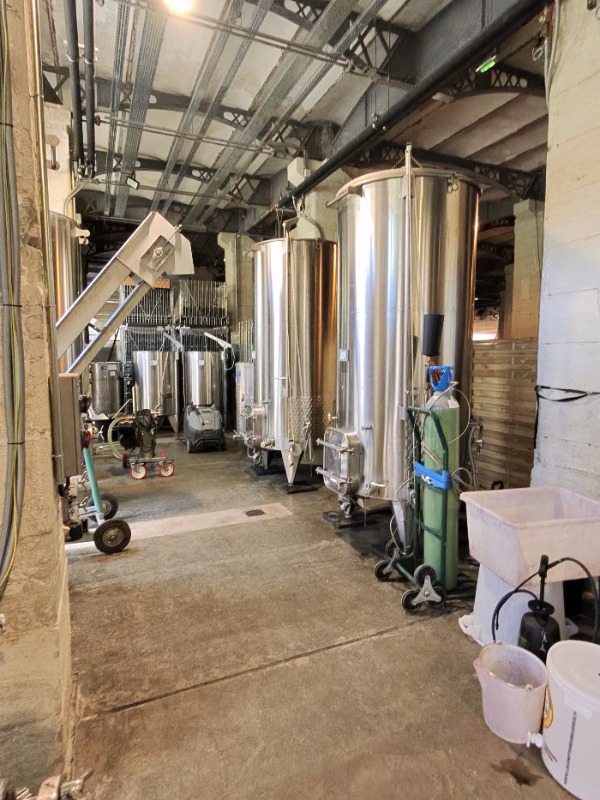
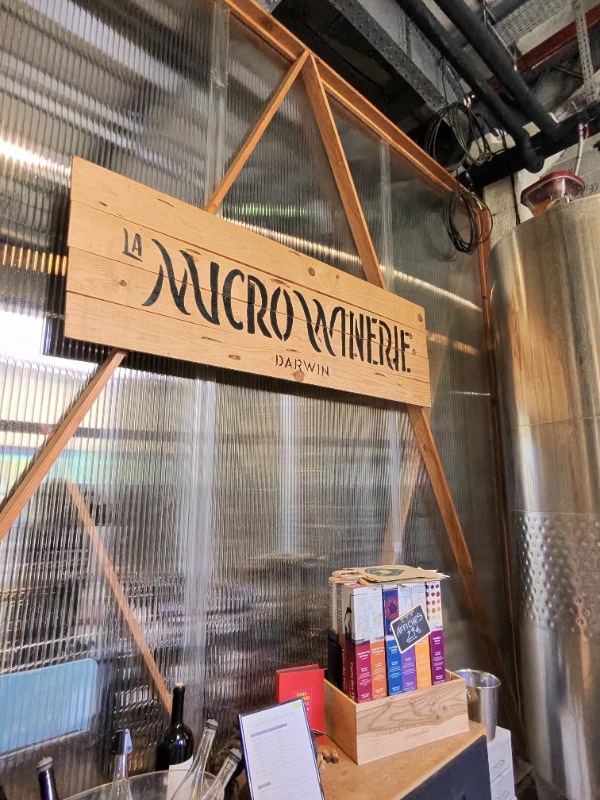
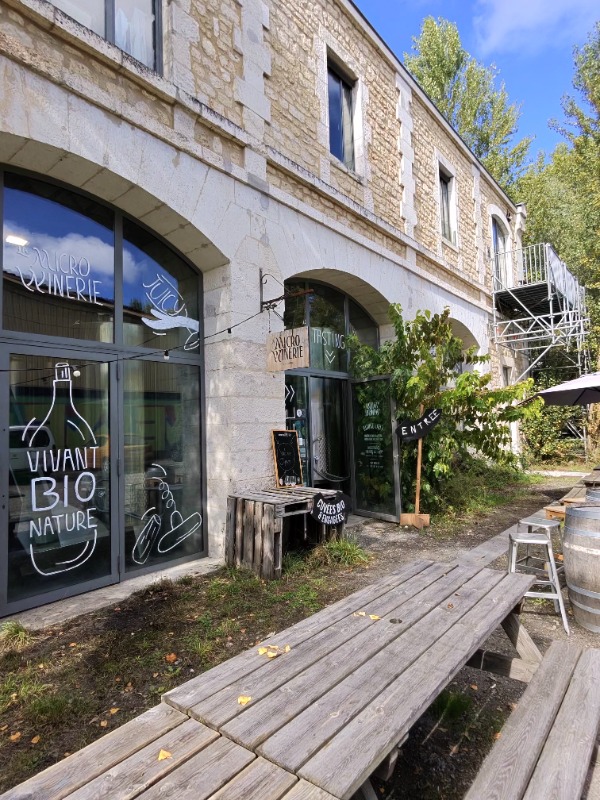
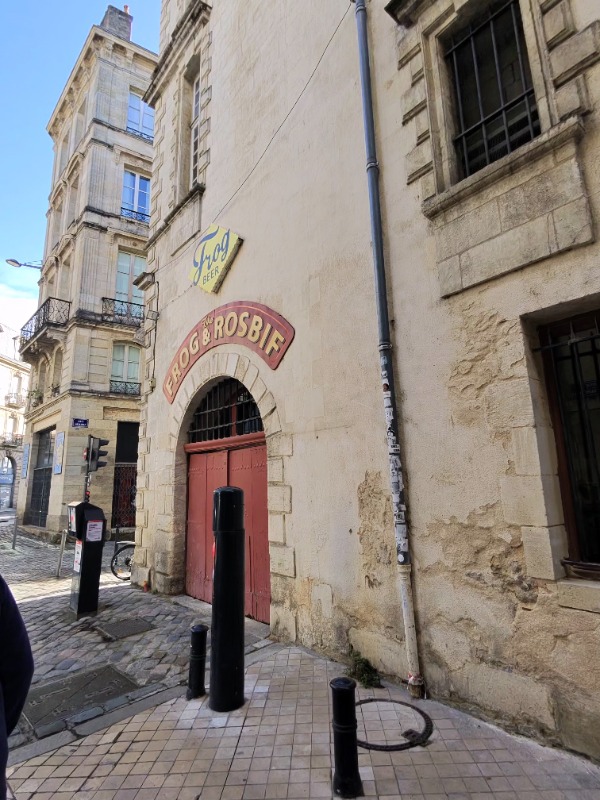
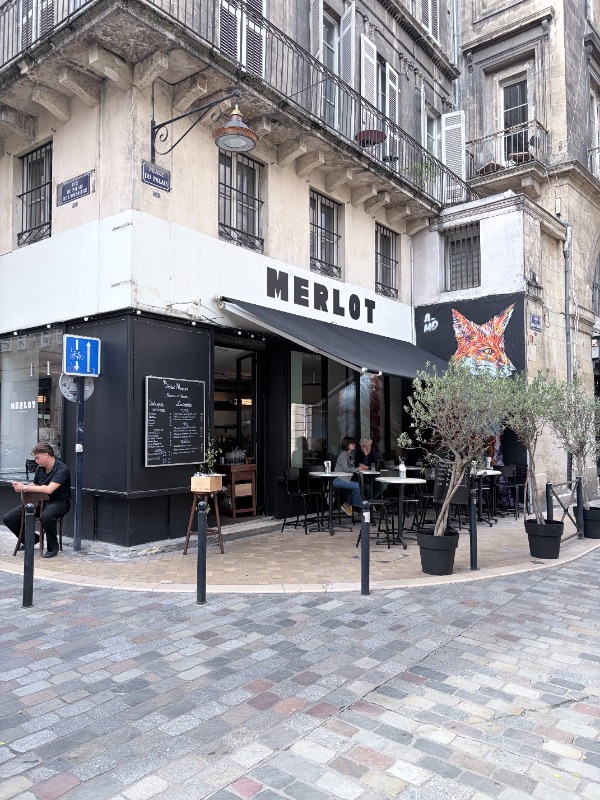
What’s most surprising, though, is how accessible it all feels. Bordeaux, long associated with expensive châteaux and heavy, oak-laden wines, is quietly reinventing itself. It’s still elegant, but now it’s younger, lighter, a little more fun. Spend a weekend here, and you’ll taste that change in the glass.
Start your stroll along the Garonne, where the elegant curve of the river mirrors the city’s easy charm. The walk to La Cité du Vin, the much-photographed wine museum, takes you past gleaming new bridges and art installations that remind you Bordeaux is as much about the future as the past. Just next door, Les Halles de Bacalan, a sprawling food hall, buzzes with locals nursing oysters and glasses of Crémant. Order a dozen, find a stool, and eavesdrop. You’ll hear as much English and Dutch as French these days, but the conversation always returns to food, wine, and where to find the best of both.

Micro Winerie buys its grapes from a network of organic and biodynamic growers across the region. Think of it as Bordeaux’s version of a fusion kitchen: a “fusion of terroirs,” as they put it. Merlot from Entre-Deux-Mers meets Malbec from a nearby hillside; Sauvignon Blanc might rub shoulders with Chenin. The goal is simple but radical: to make Bordeaux wines that are fresher, fruitier, and more drinkable than the heavyweights that built the region’s reputation.
The Grenade cuvée, a blend of 65% Malbec and 35% Merlot, is a fine place to start. It’s named, one suspects, as much for the explosion of flavour as the fruit. Aged for six months in stainless steel rather than oak, it’s a wine that feels alive. Juicy, vibrant, and full of redcurrants, blackberries, and just enough peppery spice to keep things interesting. It’s the sort of bottle that demands a second glass before you’ve finished the first, best served slightly chilled with a plate of charcuterie or nothing more than good conversation.

At Micro Winerie, there’s a sense of community that feels more like a craft brewery than a château tasting room. And that’s the point. Bordeaux, for all its grandeur, is rediscovering its roots, quite literally, through places like this.
A weekend in Bordeaux might still include a glass of something grand from Saint-Émilion or Médoc. But if you want to taste where the region is going, not just where it’s been, head to Darwin, order a bottle of Grenade, and raise a glass to the future. It tastes like blackberries, red currants, and quiet revolution.
Click here for more information

https://campfirepr.com/